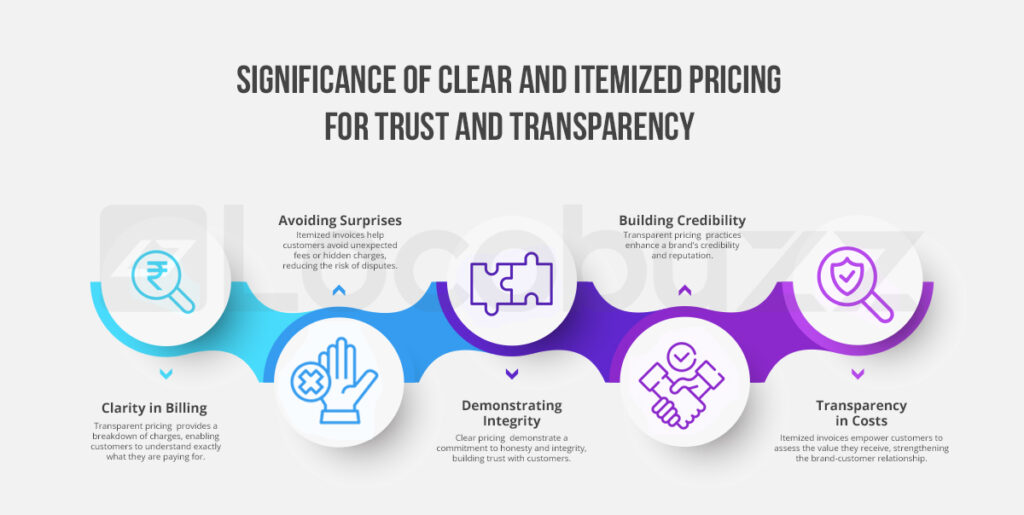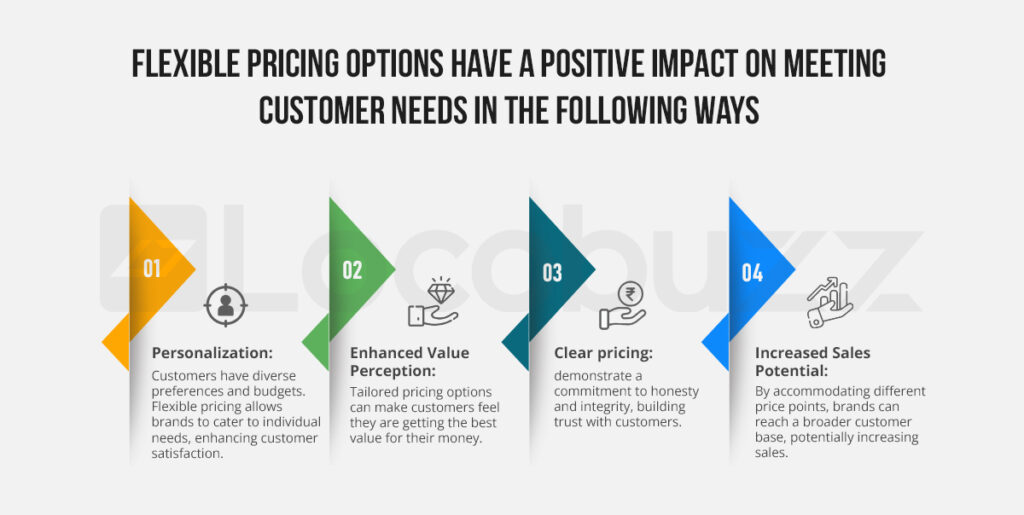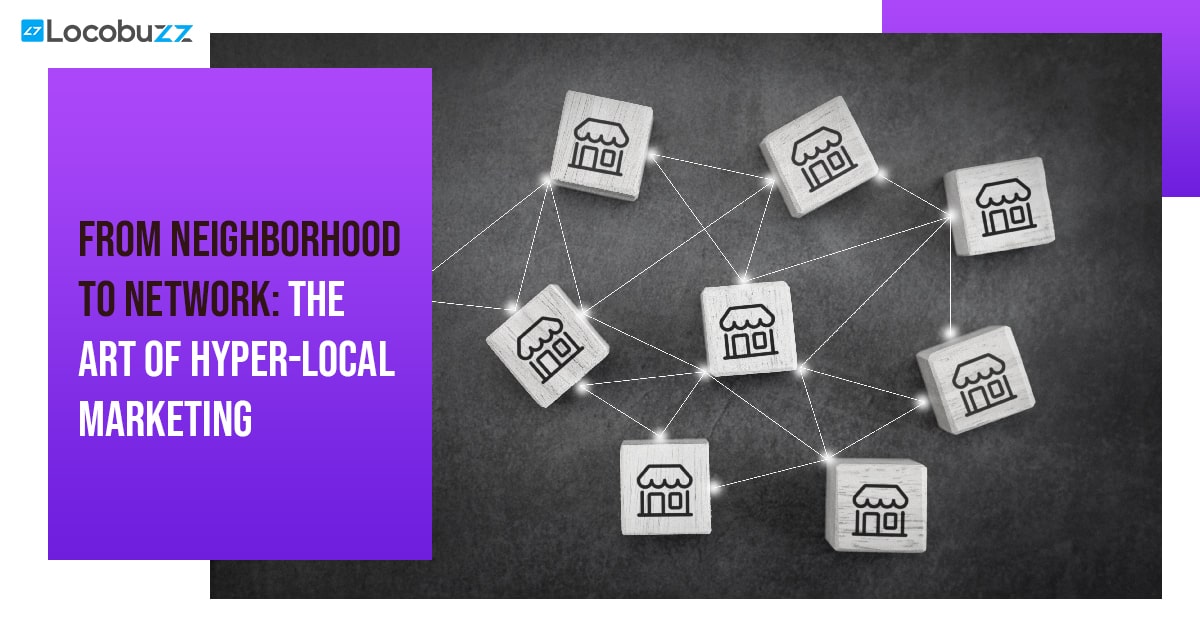From Satisfied Customers to Brand Advocates: The Power of Trust and Loyalty

“The goal as a company is to have customer service that is not just the best but legendary.” – Sam Walton, Founder of Walmart.
Satisfied customers play a crucial role in business success, forming the foundation of a thriving enterprise. Transforming customers into brand advocates doesn’t have to be an arduous journey if businesses master the art of earning trust and delivering products or services that ensure customer satisfaction.
Building trust and satisfaction from the pre-purchase to the post-purchase stages is the key to cultivating loyal customers.
In this blog, let us delve into the world of how brands can achieve the task of turning customers into brand advocates. To begin, let’s first understand what exactly Brand Advocacy entails.
Understanding Brand Advocacy
Brand advocacy is a powerful concept that revolves around customers not only being satisfied with a product or service but actively promoting and recommending it to others.
In essence, brand advocates are enthusiastic supporters who go beyond just being loyal customers. They act as vocal champions for the brand, willingly sharing their positive experiences with friends, family, colleagues, and even strangers.
Defining its Impact on Business Success
Brand advocacy is a result of strong trust and loyalty between a customer and a brand. It goes beyond traditional customer satisfaction metrics, as brand advocates genuinely believe in the value and quality of the product or service.
These advocates play a pivotal role in the success of a business as their recommendations carry significant weight, often influencing the purchase decisions of others.
Positive word-of-mouth referrals and online reviews from brand advocates can lead to increased customer acquisition and retention rates, bolstering overall brand reputation. The impact of brand advocacy on business success is far-reaching.
The path from initial interaction to becoming a loyal brand advocate consists of these stages:
- Awareness:
This stage marks the first contact between the customer and the brand. Customers become aware of the brand through marketing efforts, word-of-mouth, or online presence.
At this point, the brand’s messaging and presentation play a crucial role in leaving a positive first impression. - Consideration:
During this stage, potential customers actively research and compare the brand with competitors.
Positive online reviews, testimonials, and recommendations from friends can heavily influence their decision-making process. - Purchase:
If the customer decides to make a purchase, their initial experience with the product or service sets the tone for future interactions.
A seamless and delightful experience reinforces the customer’s decision to trust the brand. - Post-Purchase Engagement:
After the purchase, the brand must focus on nurturing the customer relationship.
Personalized follow-ups, excellent customer support, and ongoing engagement contribute to the customer’s overall satisfaction and loyalty. - Loyalty and Advocacy:
Customers who consistently receive exceptional experiences are more likely to become loyal to the brand.
Over time, these loyal customers develop a deep emotional connection, leading to brand advocacy. They voluntarily share their positive experiences and defend the brand against criticism.
- Awareness:
The Power of Trust in Building Advocacy
Trust is the cornerstone of fostering customer loyalty and advocacy. It is the foundation on which strong and lasting relationships between a brand and its customers are built.
When customers trust a brand, they not only become loyal but also more likely to advocate for it. In this section, we will delve into the key aspects of trust and its role in building brand advocacy.
Building Trust through Transparency
Transparency is a crucial factor in building trust. Customers want to know the “why” and “how” behind a brand’s actions.
When a brand is open and honest about its processes, policies, and values, it fosters a sense of authenticity. Brands that are transparent about their business practices, product ingredients, pricing, and customer feedback are more likely to gain the trust of their audience.
Need for Delivering Consistent and Reliable Experiences
Consistency is vital in creating trust. Customers expect a consistent level of quality and service each time they interact with a brand.
Brands that consistently meet or exceed customer expectations are more likely to be seen as consistent and reliable. Consistency in delivering positive experiences helps to establish a sense of reliability and reinforces customers’ trust in the brand.
The Impact of Trust on Customer Loyalty and Advocacy
Repeat Purchases
Referrals and Recommendations
Brand Affiliation
Forgiveness for Mistakes
Resilience in Challenges
Brands that have earned customer trust can better withstand challenges, such as negative publicity or industry disruptions, as customers continue to stand by them.
Brands that prioritize transparency, consistency, and emotional connections can foster deep trust with their customers.
By delivering on promises, handling feedback effectively, and leveraging influencers and social proof, businesses can build a loyal customer base that willingly advocates for the brand, resulting in sustained success and growth.

The Role of Customer Feedback in Building Trust and Loyalty
Customer feedback is invaluable in building trust and loyalty. It allows brands to:
- Understand customer pain points and address them to enhance the overall customer experience.
- Validate what aspects of the brand customers appreciate and capitalize on them.
- Use feedback to iterate and improve products and services, ensuring they align with customer needs.
- Responding to feedback promptly and positively demonstrates that the brand values its customers.
- Actively seeking feedback and being transparent about changes based on that feedback builds credibility.
Fostering Emotional Connections for building trust
Emotional connections play a pivotal role in building trust. Brands that create emotional resonance with their customers form deeper and more meaningful relationships.
Emotional connections are often formed through storytelling, shared values, and experiences that evoke positive emotions. When customers feel emotionally connected to a brand, they are more likely to trust the brand and advocate for it.
The Importance of Emotional Connections and Exceptional Customer Experiences
Building emotional connections with customers is fundamental to cultivating brand advocates. People are more inclined to advocate for a brand if they feel a strong emotional attachment. Brands can achieve this by:
1. Personalization:
Tailoring experiences to individual preferences and needs makes customers feel valued and understood.
2. Consistency:
Delivering consistent quality experiences at every touchpoint reinforces trust and reliability.
3. Surprise and Delight:
Going above and beyond to exceed customer expectations creates memorable moments that are worth sharing.
4. Empathy:
Demonstrating genuine care and empathy towards customers’ concerns and feedback fosters a deeper emotional connection. Brand advocacy results from nurturing loyal customers who are emotionally connected to a brand through exceptional experiences.
By understanding the customer journey and the pivotal role of emotional connections, businesses can turn satisfied customers into powerful brand advocates, driving long-term success and growth.
Honouring Commitments and Promises
Keeping promises and honouring commitments are critical elements of building trust. If a brand pledges to deliver certain benefits or guarantees, it must follow through on those commitments.
Failing to meet promises can lead to a loss of trust and credibility, which can be challenging to regain.
How a brand responds to customer feedback and complaints can significantly impact trust. Customers appreciate brands that are responsive and attentive to their concerns.
Promptly addressing and resolving issues shows that the brand values its customers and their opinions. Brands that handle feedback constructively and use it to improve their products and services demonstrate a commitment to customer satisfaction and trustworthiness.
Empowering Customers with Honest Pricing
Clear and itemized invoices are essential in promoting trust and transparency in the following ways:
- Transparent pricing provides a breakdown of charges, enabling customers to understand exactly what they are paying for.
- Itemized invoices help customers avoid unexpected fees or hidden charges, reducing the risk of disputes.
- Clear pricing demonstrates a commitment to honesty and integrity, building trust with customers.
- It enhances a brand’s credibility and reputation.
- Customers have diverse preferences and budgets. Flexible pricing allows brands to cater to individual needs, enhancing customer satisfaction.

Incentivizing Advocacy through Referral Programs and Rewards
Referral programs and rewards are powerful tools to incentivize advocacy. They work by:
Motivating Word-of-Mouth
Encouraging customers to refer friends and family by offering rewards for successful referrals.
Expanding Reach
Referral programs extend a brand’s reach by leveraging the networks of existing customers.
Reciprocating Loyalty
Rewards for advocacy show appreciation and reciprocate loyalty, strengthening the bond between the brand and its customers.
Creating a Win-Win Situation
Customers benefit from rewards, and the brand gains new customers, making it a mutually beneficial arrangement.
Fostering Community
Advocacy programs can create a sense of community among customers, fostering brand loyalty and advocacy.
Final Thoughts
In the ever-evolving landscape of business, brand advocacy emerges as a formidable force that can propel your brand to unprecedented heights.
The secret lies in making your customers feel truly valued and essential to your brand’s story. When you cultivate authentic connections, exceed expectations, and provide exceptional experiences, you unlock the superpower of advocacy within your customer base.
Remember, trust and loyalty form the bedrock of brand advocacy.
By embracing transparency, delivering on promises, and nurturing emotional connections, you empower customers to become your brand’s heroic champions.
These vocal advocates not only spread the word about your greatness but also stand by your side through every challenge, driving your success forward.

















